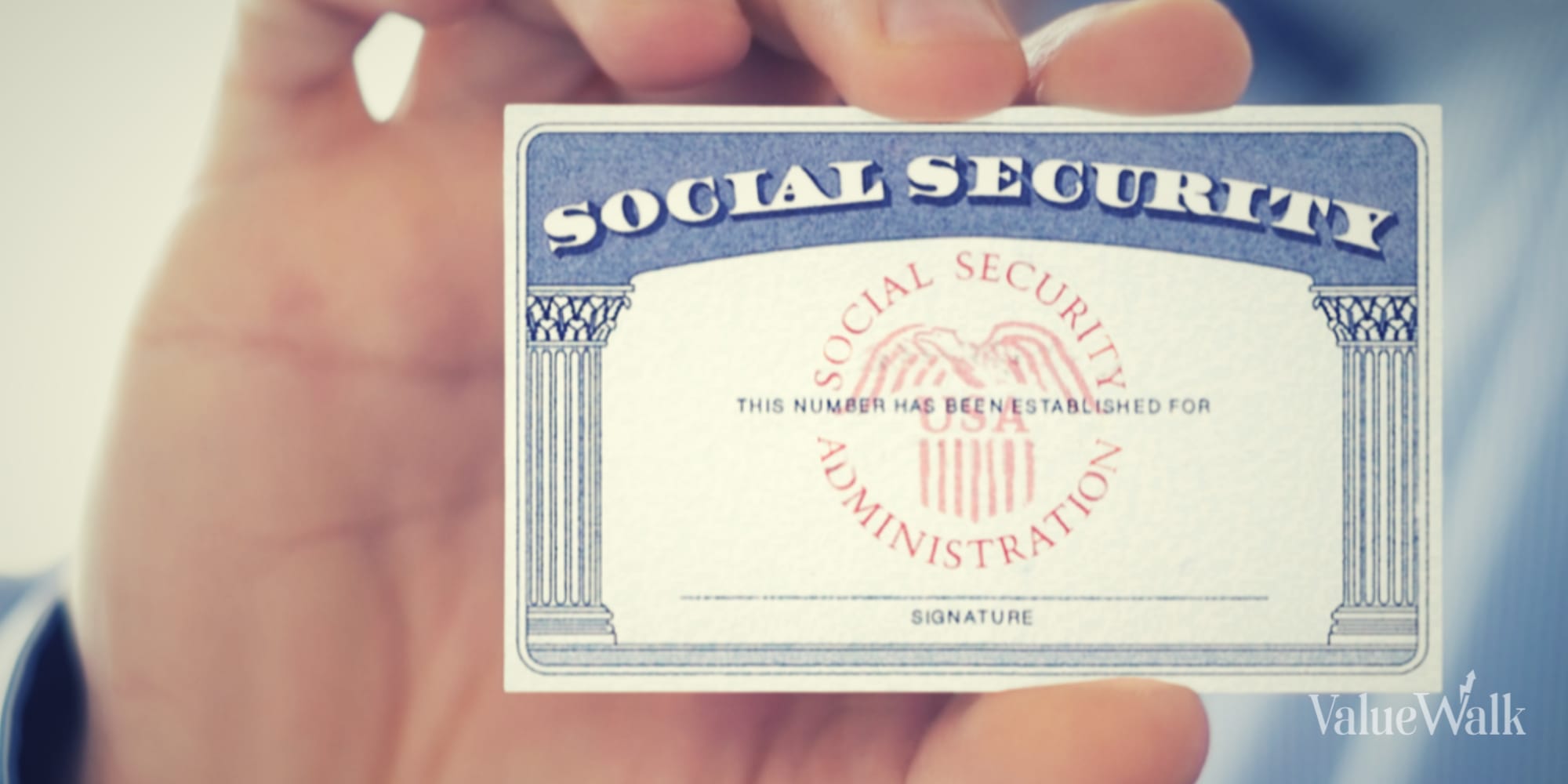Whitney Tilson’s email to investors discussing to avoid over-hyped, revenue-less dogs; how making a lot of money increases the odds of divorce.
Q1 2021 hedge fund letters, conferences and more
Avoid Over-Hyped, Revenue-Less Dogs
In Thursday's e-mail, I told my readers to "avoid over-hyped, revenue-less dogs like Nikola (NASDAQ:NKLA), Workhorse (NASDAQ:WKHS), and Lordstown Motors (NASDAQ:RIDE)..."
Sure enough, after the close yesterday, Lordstown reported disappointing first-quarter earnings, and the stock is down big today.
Activist short seller Nate Anderson of Hindenburg Research – who published a bearish report on the company (The Lordstown Motors Mirage: Fake Orders, Undisclosed Production Hurdles, And A Prototype Inferno) on March 12, when the stock was double today's levels – tweeted his take on the earnings report:
The Gates' divorce reminds me of this excerpt from my new book, which you can order here:
How Making a Lot of Money Increases the Odds of Divorce
Most people think that making a lot of money strengthens a marriage. Up to a certain point, that's true, as financial pressures can strain a marriage.
But, counterintuitively, I've seen seven ways of how making a significant amount of money can actually increase the odds of divorce:
- Divorce is crazy expensive, so having a lot of money removes this barrier.
There is both the short-term cost of lawyers and the long-term higher expenses due to two homes, less favorable tax treatment, etc. I know one guy whose wife suddenly inherited a huge amount of money – and told him that very night that she wanted a divorce. My wife and I joke (at least I hope she's joking!) that, even if we wanted to, we couldn't afford to get divorced. Even though it's not technically true, I'm glad she thinks it is!
- Odds of infidelity go up.
Making a lot of money generally requires working long hours and, often, a lot of travel, which can put a huge strain on a marriage and increase opportunities for infidelity (both for the person traveling and for the one at home). Also, rich people are more likely to attract those interested in having an affair. Lastly, wealth equals power, which some people exploit for sexual advantage.
- When a couple is scraping and hustling to make ends meet, it's a bonding experience.
When you're both young and working to support yourselves (and, eventually, a family), it can be stressful but also joyful and unifying. You're both in the same boat, leading similar, parallel lives.
- It can change the power dynamic in the marriage.
When both of you are earning roughly the same amount, there's symmetry and equality. If that shifts, it can lead the high-earner – even if subconsciously – to feel a sense of superiority, lose respect for the spouse, and/or expect him or her to do more of the housework/childcare – in short, a recipe for marital strife.
- If one person makes enough money that their spouse can stop working, it can eventually lead to deep unhappiness for the nonworking spouse.
I'll acknowledge up front that this is a high-class problem that pretty much only affects one-percenters – but that's my world. See my friends' comments on this below.
- Deciding how to spend (or not spend) the newfound wealth can lead to conflict.
One friend told me that when he hit it big, he couldn't wait to spend his fortune and enjoy the luxuries of life. For example, he wanted to live in a big brownstone in New York City and have a mansion in the Hamptons.
But his wife was super frugal, uncomfortable with their new wealth, and even more uncomfortable displaying it. He ignored her wishes and went ahead with his purchases, which he believes was a major contributor to their divorce a few years later.
- Becoming very rich can change people for the worse: they can become arrogant and self-absorbed and look down on others.
Just open the newspaper to see examples of rich, narcissistic jerks everywhere, like Tesla (NASDAQ:TSLA) CEO Elon Musk or Uber (NYSE:UBER) co-founder Travis Kalanick. But were they always this way, or did making a ton of money cause them to become so? My observation of dozens of extremely wealthy people is that it's 25% causation and 75% inflammation.
Regarding the former, if you make a lot of money, people start to suck up to you... And it's easy to come to believe that you're smarter, taller, funnier, better-looking, and more charming than you really are, which can lead to all sorts of bad behavior.
Regarding the latter, making a lot of money doesn't so much change people as inflame their preexisting tendencies. If they were a jerk when they had no money, they're likely to be an even bigger jerk after they make a lot of money.
But, conversely, some people improve. Becoming financially secure reduces their stress level, and they have the ability to help others, which can bring them joy.
I'm quite certain that I'm a much better human being now than I was 30 years ago in my twenties when I had almost no savings and plenty of student loans. I'm biased, of course, but I think I'm wiser, more self-aware, kinder, more philanthropic, a better listener, and more humble (though there's still a lot of room for improvement in every one of these areas!).
How much of this is due to becoming financially secure? Maybe a little, though I think most of it is having a learning curve that slopes upward (however slightly), the positive effect Susan has had on me, and the knowledge I've absorbed from Buffett and [Charlie] Munger.
Best regards,
Whitney







